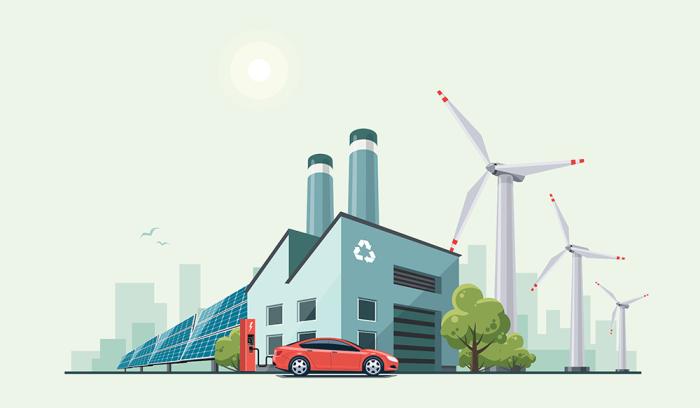Retirement
Industry and/or Ecology? Enough with contradictory injunctions!

What should we protect? Employment and our standard of living, or the planet? Is this question even permitted anymore? Not sure. Especially when citizens, drawn at random and formatted by the structure in place, are seen as the messiah when they bluntly suggest to increase taxes by €10 billion in France - already the most taxed country in the world and one of the least polluting - to save the planet... That won’t cut it
Tax on advertising, tax on containers, bringing back the capital income and wealth tax, tax on heavy vehicles, and introduction of a new income tax bracket... Taking a closer look at the appendices of the Citizen’s Convention on Climate report, one can see that ideas for tax collection are aplenty!
Pharmaceuticals, the cash cow of social security
While our entrepreneurs are fighting like lions in the face of an unprecedented crisis to save their businesses and the jobs that go with them, the country is going through strange, perplexing times. Indeed, the closure of the second Fessenheim nuclear reactor – in a flagship sector of French industry, with no CO2 emissions – is disconcerting to say the least, as the Pays de la Loire coal-fired power station will be kept running at least until 2026 to make up for the deficit in electricity production…
A plan has been outlined to avoid blackouts: we will pay collectively to ensure that the most energy-intensive plants are shut down in winter periods when peak consumption may no longer be covered. And if that weren’t enough, we will also need to import electricity from German coal-fired power stations – sounds great!
Other instances include Air France, which was forced to close routes to limit emissions, thus putting 7,500 jobs in the hot seat. Or the sudden realisation during the health crisis: “Oh shoot, we no longer produce medicines ourselves!” Twenty years ago, we were a European leader in pharmaceuticals. We are now lagging far behind Germany because we’ve been overtaxing this industry, and have managed, through overly complicated regulation, to deter clinical trials in France. Pharmaceuticals have been the cash cow of the state and the social security for years.
An indulgent social model
If we really want to re-industrialise the country, as was suggested during the health crisis, we might need to make a small clarification: pollution-free factories simply do not exist, and production without energy isn’t possible either.
When we see the challenges even our largest businesses face (biodiversity, etc.) when setting up factories in France, one might wonder what the country’s priority really is? Less than 30% of them obtain all the necessary authorisations within twenty-four months. Is this incitation, or coercion?
We mock the hypocrisy of neo-rural people who complain when a rooster wakes them up, but we should also reflect on our own: are we really trying to “preserve” or build houses and factories in France? Stuck in our naivety and selfishness, we will have no right to complain when our indulgent social model collapses under the blows of a policy that, under the guise of environmental benevolence, hampers the creation of added value and jobs in our country.
Switzerland does not emit more CO2 than France, nor does Sweden, and yet they tax less and put fewer constraints on their productive apparatus.
The real dream is to live in a prosperous country - something France should be - where companies are not overtaxed and can innovate to meet consumer demands: more organic products, and less pollution at prices that are bearable for citizens and taxpayers. Above ideology. And we are nowhere near that…
